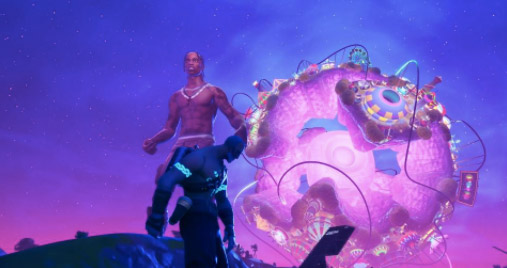
Interesting Reads. Industry news that you may have missed.
With no games, sports publishers turn to user-generated content – Digiday
Not having live sports to watch on TV has been tough for the industry and many Americans. Sports publishers need to distribute something and have turned to social platforms as a source for user-generated clips of amateur athletes. During the pandemic, the need for user-generated sports content has become reliant on, so much so, that ESPN is partnering with Facebook in which amateur videos sourced from the platform will be featured on SportsCenter.
Shoring up your marketing strategy in turbulent times, and the role of ‘brand humanity’ – The Drum
Recently, The Drum’s Digital Transformation Festival hosted a session discussing the importance of cultivating a sense of humanity in marketing. The Brand Humanity Index identified emotional and functional traits that make a brand feel human to consumers and the business impact of exhibiting that brand humanity. We learn how to understand brand empathy and making data meaningful to consumers, and how different verticals are coping during these times.
A staggering number of people saw Fortnite’s Travis Scott ‘Astronomical’ event – Forbes
The popular battle game, Fortnite, partnered with Travis Scott last week to debut his new music. The game was used to create an ‘Astronomical’ event inspired by his nickname Cactus Jack, which takes viewers through psychedelic turns by transporting players underwater, into space, and towards a floating amusement park. After five shows, the event reached up to 27.7 million unique viewers, with 45.8 million views.

The 3D printing revolution is finally here – Fast Company
The global epidemic has disrupted global supply chains, and is now leaning to move manufacturing closer to customers. This move could go as far as putting mini manufacturing plants in people’s homes, as 3D printers have dropped low enough for most Americans to purchase. People can download, customize, and print a plethora of products at home, which may end up costing less to make than it is to purchase in-store.






